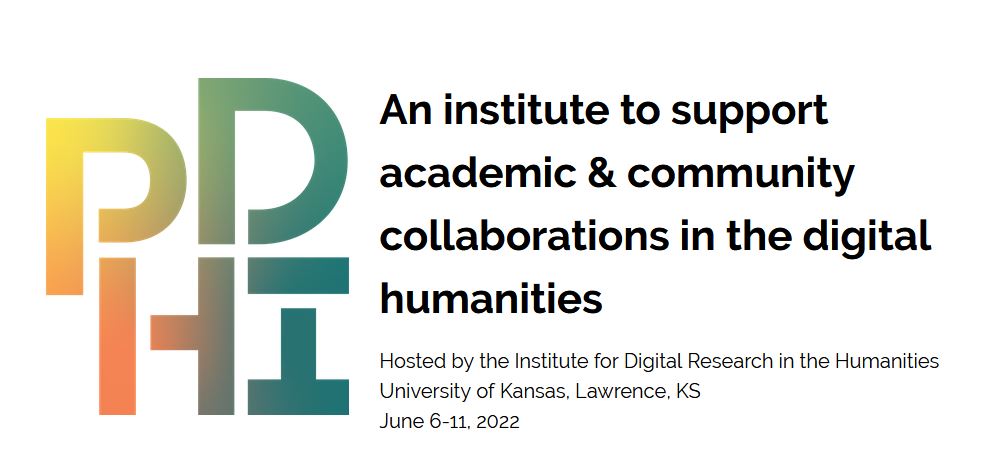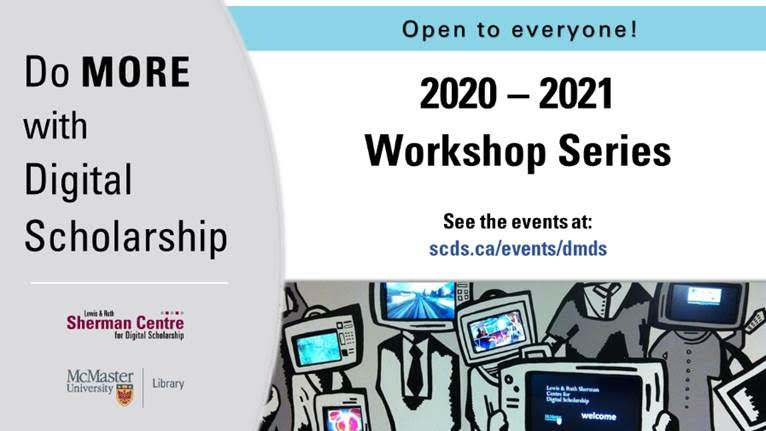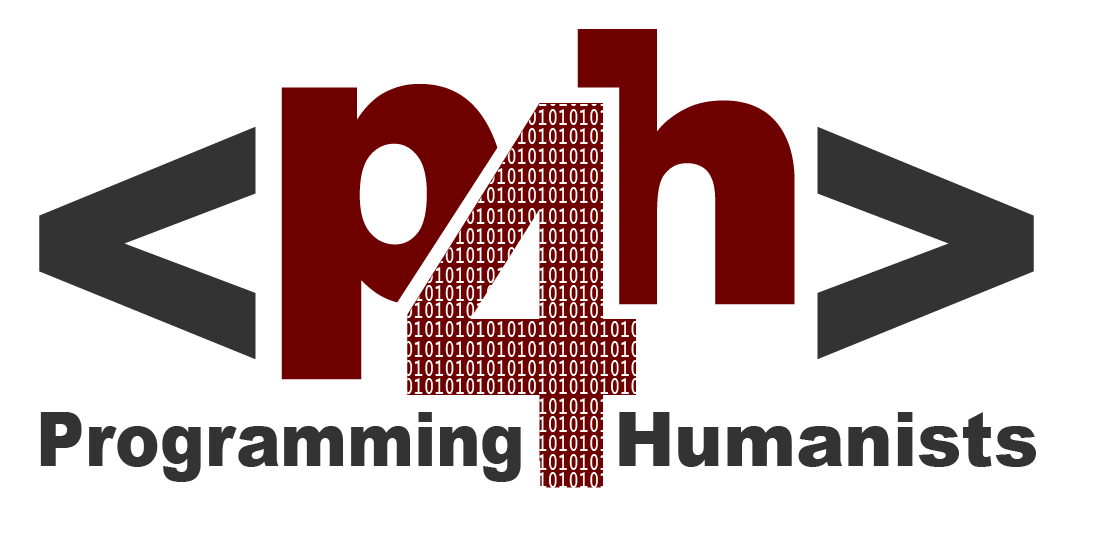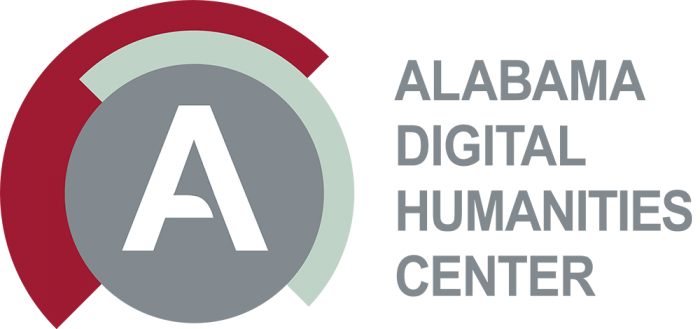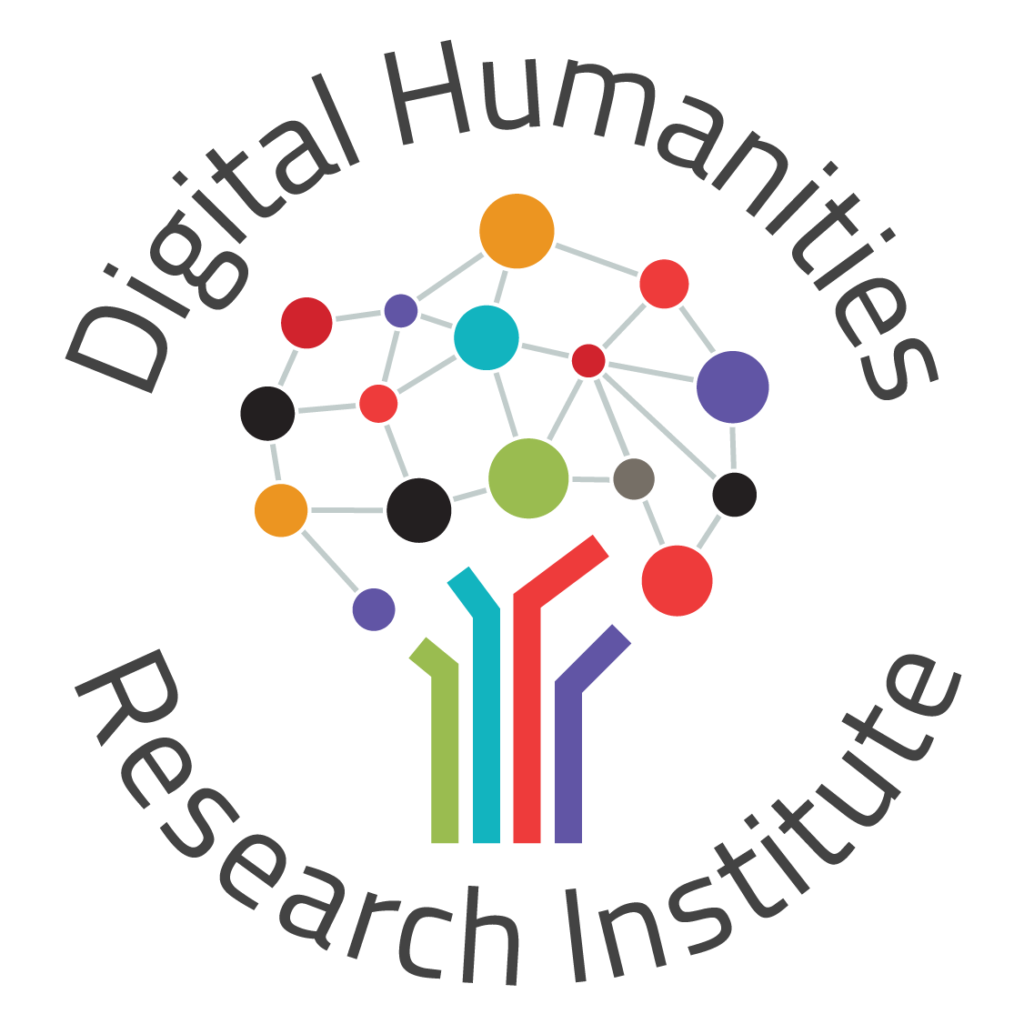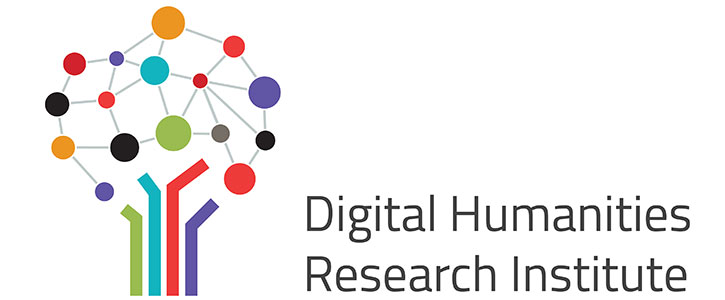‘Building Digital’ Humanities’ is a free online symposium produced by Western Sydney University in conjunction with Gale, part of Cenage Group, and the Pondicherry University.

It will explore the conditions in which Digital Humanities (DH) can flourish at institutional, inter-institutional, national and supra-national level, considering issues such as building networks, infrastructures, research and industry collaborations, public engagement and citizen scholarship, and career paths for individual researchers.
DH has presented a set of novel issues and dilemmas for both Humanities scholars and their collaborators, partners and facilitators in venues as diverse as the classroom, the library, industry, IT, government agencies and university research offices.
As DH practices have increasingly challenged the lone scholar model of humanities research and embedded computational technologies at the heart of much cutting-edge scholarship, new challenges have arisen around infrastructures, collaborative models, approaches to scholarly attribution and accreditation, data-sharing, data-preservation, access to data, and appropriate training and career structures.
The choices policy makers, administrators and individual researchers take in response to these challenges have real world consequences, shaping, facilitating, or impeding individual careers, research agendas, or institutional or national initiatives.
The purpose of this symposium – the first globally to address these themes directly – is to explore how infrastructures, funding models, reward systems, collaborative partnerships, institutional arrangements and public engagement interact organically to shape the interdisciplinary field of Digital Humanities as a lived, everyday scholarly and personal experience, and how that impacts on the final research, societal and personal outcomes.
The symposium will take place across a series of thirty sessions spread over a three week period (6/7 November-25 November), with sessions lasting for ninety minutes to two hours timed for morning and evening in Australia, in order to cater for presenters and audiences around the globe. It can be viewed asynchronously.
For more information, and to register, see the Building Digital Humanities website.

